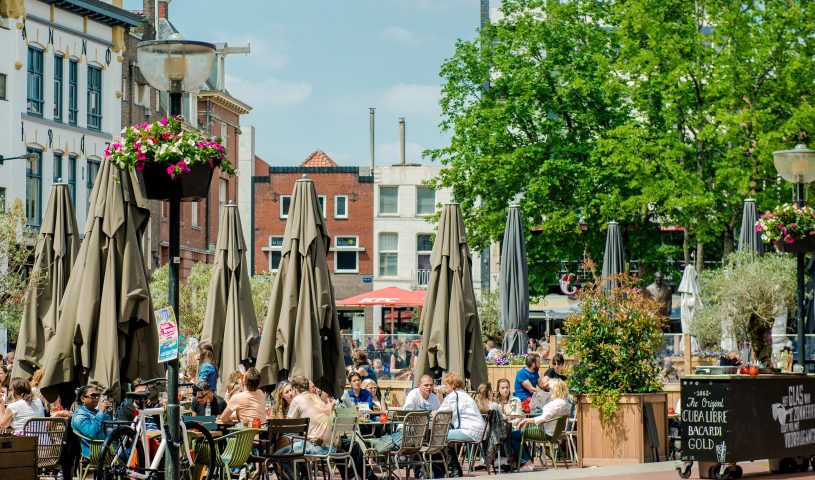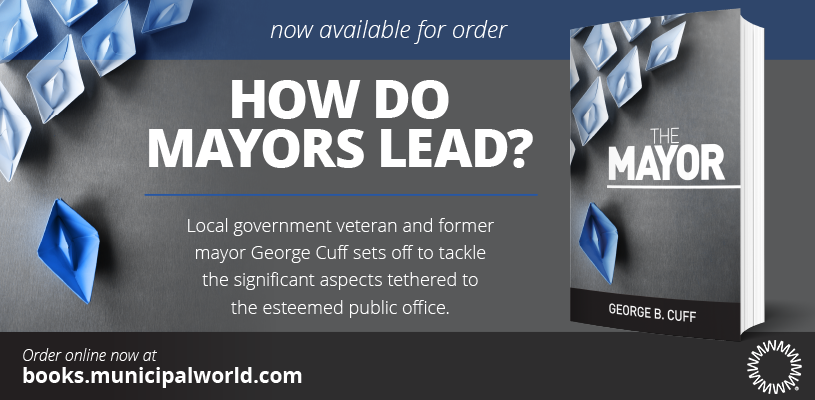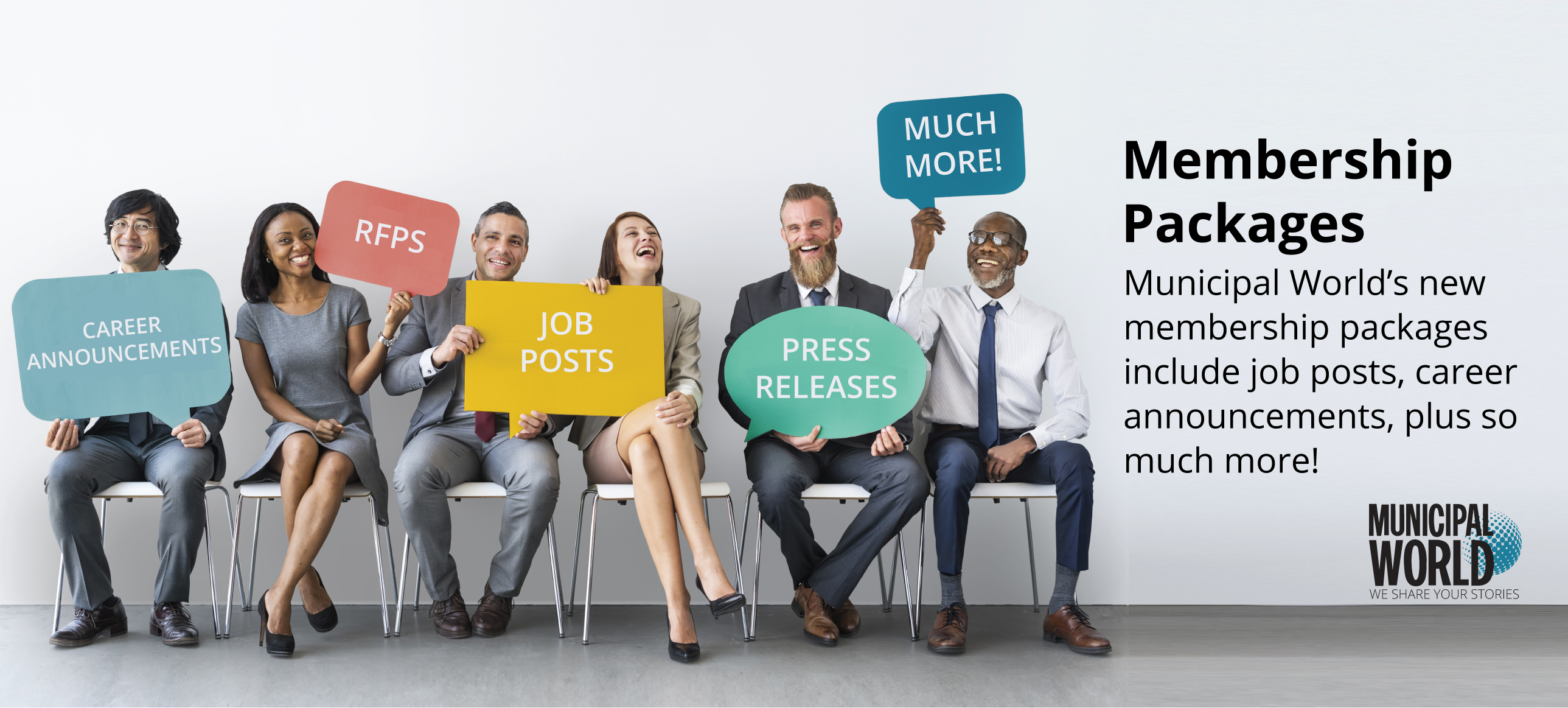Lessons from the Mid-Sized Cities Researcher + Practitioner Roundtable
 Eindhoven, Netherlands - May 24, 2015: People sitting at outdoors restaurant in the main square of Eindhoven in sunny spring day. It is popular touristic place, with plenty of restaurants, bars, stores and clubs
Eindhoven, Netherlands - May 24, 2015: People sitting at outdoors restaurant in the main square of Eindhoven in sunny spring day. It is popular touristic place, with plenty of restaurants, bars, stores and clubs
The impacts of technology, shifting demographics, and development means that cities must think differently about how they invest in and support residents. Mid-sized cities across Canada are well positioned to be leaders in creating innovative and inclusive urban environments, if we commit to learning from each other and finding new opportunities for participation and collaboration across sectors and communities.
Evergreen, alongside the City of London, London Community Foundation, Pillar Nonprofit Network, UnLondon, the Urban League of London, and CBC London hosted a series of events in London, Ontario from May 15 to 18, 2018. The conversation kicked off with five community-led tours exploring London’s cycling infrastructure, the role of the Thames river in London’s identity, grassroots engagement in the Northeast, community building in the urban core, and resident-led neighbourhood revitalization in the Old East Village. A public event at London’s Innovation Works saw seven London residents share how the city has shaped them and how they have shaped the city. This was followed by a civic engagement fair where participants learned about how to get involved in London from community groups, advocacy groups, non-profit organizations, and more.
The Mid-Sized Cities Researcher + Practitioner Roundtable brought together 150 leaders from mid-sized cities across Canada to London, Ontario to share and discuss opportunities for innovative city building. Through deep-dive discussions with experts in both theory and practice, participants learned about age-friendly communities, creating smart mid-sized cities, advancing sustainable development, supporting newcomers, partnership-building with Indigenous communities, and addressing pressing social issues such as poverty and drug dependency. (Presenters’ slides are now available online here.)
Finally, a two-day learning exchange was held in partnership with OCAD University and the Council for Canadian Urbanism. The exchange brought together 11 senior-level leaders representing mid-sized municipalities and Indigenous communities across Canada. The objectives of the exchange were to learn from one another, sharing approaches for meaningful civic engagement and participation; and to generate new perspectives on how to mitigate the risks of the future.
Common Themes in Preparing for the Future
Throughout all of the conversations with community members, researchers, and practitioners, some common themes stood out.
1.Put people first.
Speakers and participants from all sessions reiterated the importance of listening to voices of lived experience and embedding those perspectives when creating any policy, program, or initiative. Putting people first doesn’t just mean reaching out to them as part of a consultation process, but rather, investing in long-term, meaningful relationships with diverse communites and stakeholders to understand the complexity of issues they face. As reiterated in the conversation about smart mid-sized cities, creating smart cities is not about just about technology, but also about empowering people to co-develop new solutions that use technology to solve old problems.
2. Define the problem. Frame it. Then solve it.
Albert Einstein is belived to have said that if he had an hour to solve a problem, he’d “spend 55 minutes thinking about the problem and 5 minutes thinking about solutions.” With tight deadlines and high demands, we can be quick to develop and implement solutions without really understanding the problem we aim to solve. Finding the root cause of an issue by clarfying and deconstructing the challenge helps us ensure that we have picked the right set of actions. While doing so means it may take more time to properly define and frame a challenge, it can help ensure that the solution will be successful in the long term. One of the critical first steps in leading a meaningful engagement process is making sure the problem at the centre of the consultation is well understood by municipal leads and community stakeholders.
3. Language matters.
Many urbanists and city-thinkers are reiterating the importance of building inclusive cities. There are many practical steps we need to take as city leaders and members of the community to build policies, programs, experiences, and spaces where people feel safe, respected, and welcomed. A good place to start is by using words, terminologies, and references that are representative and aligned with different communities. To many, this may seem like a daunting task. Remember that we will make mistakes, and that’s okay, as long as we maintain a commitment to learning and unlearning, and remain responsive to feedback and open to shifting established methods and approaches. For example, in the session on building partnerships with Indigenous communities, speakers explained the difference between “Aboriginal”and “Indigenous,” and the need to respect the perferred terminologies of different individuals.
4. Cities are changing and so are their leaders.
Our cities are changing – in terms of our populations, demographics, technology, and economies, as well as our built, natural, and social environments. As our cities change, so will our leaders. The panelists at the roundtable’s opening session, The New Face of Leadership in Ontario’s Mid-Sized Cities, noted that new leaders are driving change to influence established institutions to better reflect the communities they represent. While these institutions have been slow to respond, there is a need for those in positions of power to be open and receptive to disrupting the status quo by considering who is missing from the table and by listening, empathizing, and creating shared spaces for collaboration.
5. Facts and stories are both necessary.
Evidence-based decision making is a necessary part of city building and leadership. Facts, data, statistics, and reasoned evidence ensures that we are informed and accountable in our decision making. Data alone, however, does not tell the whole story. Providing narrative and stories to highlight the complexity of experiences ensures that decision makers have a broader perspective on the issues that matter and those that are impacted. In the session on addressing pressing social issues like poverty and addiction, speakers emphasized that the stories of lived experience can change the dialogue, bring statistics to life, and encourage policy change.
Planning is underway for more exciting converations like these. Evergreen and Future Cities Canada will be hosting the Future Cities Canada Summit at Evergreen Brick Works on November 7, 8 and 9. To learn more, visit https://futurecitiescanada.ca/events/#summit. MW
Jo Flatt is the Senior Manager, Policy & Parternships at Evergreen. She leads the organization’s Mid-Sized Cities Program. She is also an instructor at the University of Toronto’s School of Public Policy and Governance, where she teaches students how to influence and policy from outside of government.
Julie Fader is a Program Coordinator at Evergreen, where she works on the Housing Action Lab and the Mid-Sized Cities Program. She developed a passion for cities after two years in Tokyo, working at a tech start-up that helped travelers navigate and fully appreciate Japan’s urban areas.



